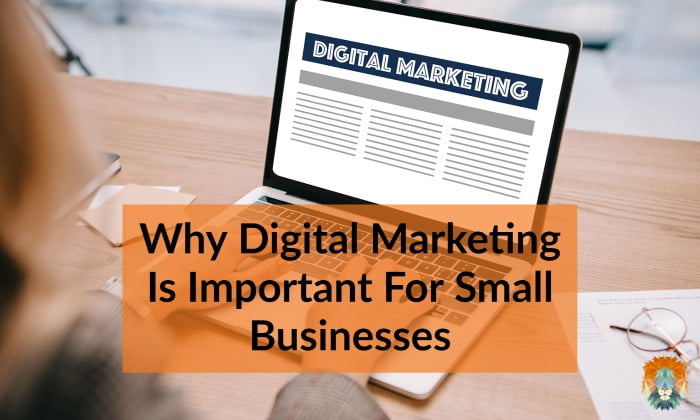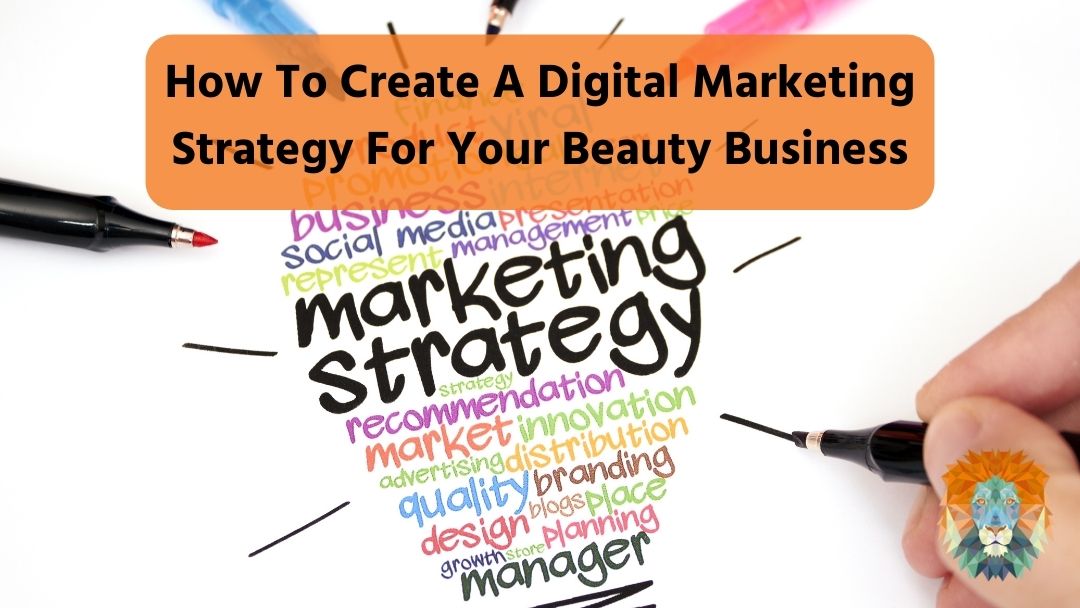A digital marketing strategy is vital for your business. In the last 15-20 years, how we market our businesses has gone through the biggest evolution ever. Changing customer demands have transformed how we find and connect with brands, and ultimately, make purchasing decisions.
From the uptake of the internet, new technologies and online innovations, digital initiatives such as social media and search engine optimisation (SEO) to the rise of e-commerce retail strategies — a digital marketing strategy is the foundation of all brands’ marketing today.
Today, more and more brands are investing in digital transformations to align their modern marketing practices with consumer and market needs.
What is a Digital Marketing Strategy?
A digital marketing strategy is a documented business plan that defines the actions you will take online to achieve your business goals. Whether that be on social media, organic content or paid advertising campaigns —though it will almost certainly be a combination of all three.
Your digital marketing strategy will be the strategic piece that ties your entire marketing puzzle together, maximising their reach, response and return. A working document, the key is to continue to research your market, target audiences and competitors, making adaptations as these develop.
Increasingly, online marketing activity continues to obtain more focus by brands dedicating more data-driven efforts, time and resources to producing effective web content, blogs. social media and adverts.
Social media, for example, the online equivalent of word of mouth, provides peer to peer referrals. In fact, 71% of consumers are likely to base their purchasing decisions on the recommendations of their friends via social media platforms. With 88% saying they trust online reviews as much as personal recommendations.
Achieve Long-Term Business Growth
Between 2006 and 2019, online sales as a percentage of total retail sales increased from 2.8% to 19%, an average increase of 1.25% per year. The total value of retail sales in 2019 totalled a staggering £394 billion.
Online sales growth has been relatively constant over the past 13 years, but the Covid-19 pandemic has seen this growth accelerate at an increased rate as people turn to online to make their purchases. In May 2020, during the UK’s lockdown period, online sales peaked at 32.8%. As it remains unclear, yet arguably unlikely whether all of this gained business will go back to the high street, an engaging online presence has never been more sought-after.
Why Have a Digital Marketing Strategy?
- Improve your sales by tapping into new markets
A digital marketing strategy is a core way to achieve this for any business, whether big or small, situated locally, nationally or internationally. Save time and resources on reaching out to your customers and get them coming to you.
- Analyse your online audiences and target them effectively
Tools such as Google Analytics give you real-time, comprehensive insights on the users that visit your website. Demographic data allows you to create content specifically tailored to them. If you’re looking for more qualitative information, a user survey or feedback form is helpful. Everything in digital marketing is measurable so using this data to improve your campaigns is vital to future success.
- Gain a competitive advantage in your industry
Analysing your competitors’ online performance is critical to a successful digital strategy. Without this, you won’t know where to focus your efforts in order to best compete with them or how to differentiate yourself in the market to stand out.
- Give your digital marketing a clear and focused direction
A digital marketing strategy that is integrated with your overall marketing strategy with clear objectives is crucial. A digital marketing strategy enables effective use of all of the online tools at your disposal to maximise your return on investment (ROI). Accessing available data will then enable you to accurately budget for future campaigns.
- Continuously improve your digital marketing plan
A process of continuous improvement is a core component of a digital marketing strategy. Analysing the results of campaigns and organic search performance will enable you to see which areas you have been successful in and which efforts require improvement. Your strengths and current weaknesses will then form part of your future digital marketing strategy. After all, the online world never stays still — just look at Google, which changes its algorithms more than 3000 times a year.
How Do you Start Your Digital Marketing Strategy?
So we know that digital is a must to grow our brands and reach more customers, but where do you start? That’s the real challenge.
Are you a new business, a growing SME or an established multinational company? Every brand has a vision and that’s our first step when creating a digital strategy. Whether your business is a one-month start-up or a long-standing company that’s been around for decades, it’s key to think of the future direction of your company and how the developing digital landscape can help you achieve your goals.
Nowadays, a digital marketing strategy does not have to take weeks or months to complete. Nor does it require high-tech IT solutions. Instead, brands can save time, hone their direction and maximise their results by focusing on your:
- Brand vision, mission and values
- Products and Services
- Target audience/s
- Competitors
- USPs
- Marketing activities
Clear Focus
Building a digital strategy for your brand means you’re able to consider the broader context and working environment by creating valuable content for your stakeholders, suppliers, employees and customers. Once produced, this messaging can then be communicated and delivered from the top down to help you drive sales and improve your bottom line.
Although the content is communicated over digital platforms, it’s produced by humans. All content, delivered both in and outside of your organisation including prospective and existing customers, should reflect this.
Applying the hard-sale and using complex business jargon are outdated and ineffective marketing techniques.
Simple yet engaging communication that encourages interaction enables your brand to strike up a two-way conversation with consumers and tells your story.
Your Digital Marketing Strategy
In summary, a well researched digital marketing strategy is key to your overall marketing and business goals. Use rich data to measure results, engage in consistent activities and stay on top of trends to make the most of your digital marketing so you get your desired results.
We can help you make your mark with a bespoke, comprehensive and ROI-driven digital marketing strategy.
Contact us today and let’s get your digital presence ROARing!





0 Comments